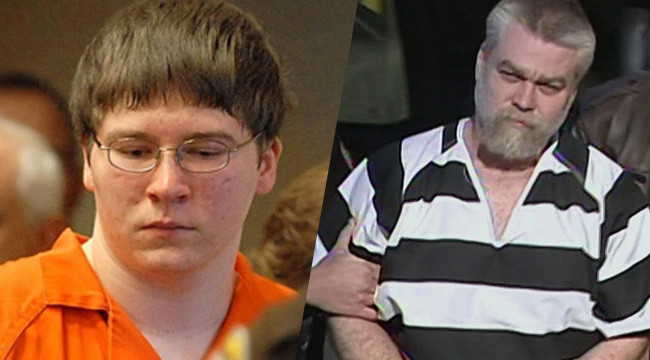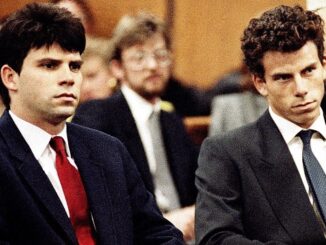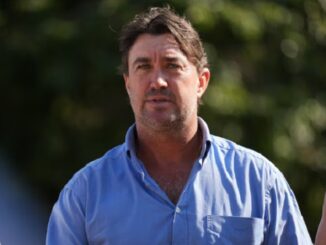
A US judge has ordered the immediate prison release of Brendan Dassey, whose case featured in Netflix’s Making a Murderer documentary.
The Wisconsin man’s murder conviction was overturned this summer, however, prosecutors are appealing.
The 27-year-old, who has learning difficulties, and his uncle Steven Avery were convicted of murdering a young woman, Teresa Halbach, in 2005.
Avery and Dassey, who was 16 at the time, were sentenced to life in prison.
Judge William Duffin ordered that Dassey be freed from prison under supervision until the next steps in the case become clear, reports the Milwaukee Journal Sentinel.
Under his release conditions, he must submit to the probation and parole office by midday on Tuesday the address where he plans to reside.
Dassey also must not have any contact with Ms Halbach’s family, or co-defendant Avery, whose legal team hopes DNA evidence will clear him.
Dassey’s lawyer, Steve Drizin, told the Associated Press he hoped he would be free in time to spend Thanksgiving with his family on 24 November.
“That’s what I’m focused on right now, getting him home, getting him with his family and then helping him to re-integrate back into society while his appeal plays out,” Mr Drizin said.
The same judge quashed Dassey’s conviction in August, ruling that investigators had made false promises by assuring him “he had nothing to worry about”.
He confessed to helping Avery rape, kill and mutilate Ms Halbach.
Wisconsin’s attorney general had asked that Dassey not be released pending the appeal.
The case received wide attention after the release of the 10-part documentary Making a Murderer in December 2015.
The filmmakers cast doubt on the legal process used to convict Dassey and Avery.
Avery was accused and found guilty of murdering Ms Halbach, a photographer for Auto Trader Magazine.
Her charred remains were found at Avery’s car salvage yard a week after she went there to photograph a minivan for sale.
The documentary series focused on the conduct of law officials in Manitowoc County, Wisconsin.
They had been facing a huge financial penalty over an earlier case in which Avery was wrongfully imprisoned for 18 years for sexual assault.
Source: bbc.co.uk





Good. What took them so long?